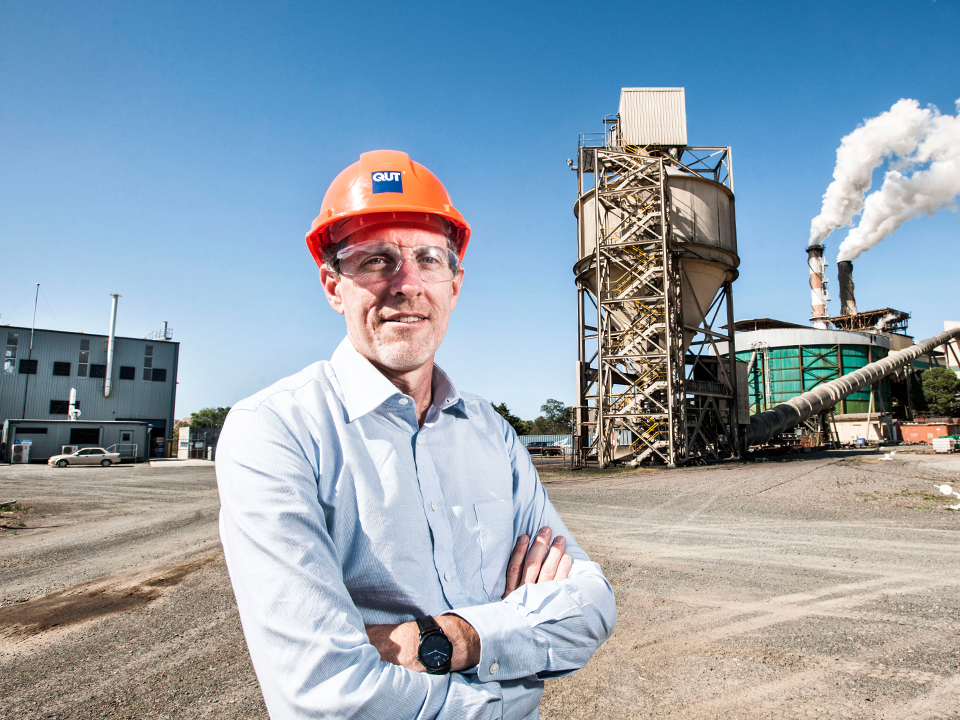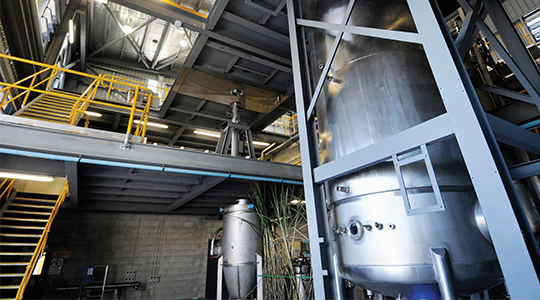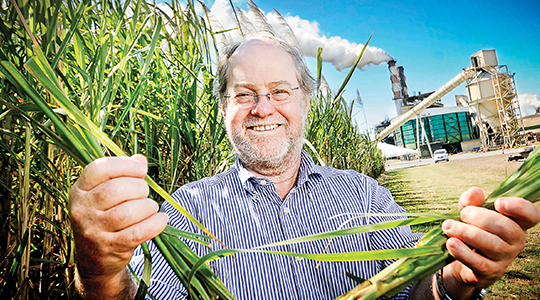Business challenge
As global demand for animal products is increasing, agriculture has been under pressure to develop new feed ingredients that are cheaper, more available, and have increased nutritional value.
By-products from sugarcane production have not traditionally been used as animal feed, due to their low nutritional profile. Our researchers are developing processes to turn sugarcane bagasse and trash into higher value fed ingredients like dietary fibre, sugars and protein.

Our partners







Leadership team

- Position
- Division / Faculty

- Position
- Deputy Dean
- Division / Faculty
- Faculty of Engineering
Our approach
Technology capability
Our researchers are using a combination of pretreatment, processing and fermentation technologies to turn sugarcane bagasse and trash into higher value fed ingredients like dietary fibre, sugars and protein.
By improving the structure and chemistry of sugarcane crop, our researchers are creating a nutritious, accessible and cost-effective animal feed from agricultural by-products.
End-user engagement
Our biorefinery projects are located in the heart of agricultural and sugarcane production. This means our researchers have access to sustainable raw products, and can also collaborate with local producers to address their specific challenges.
Transdisciplinary projects
Researchers from our Institute for Future Environments combined their deep technological knowledge and skill with economists and financial researchers. Together they could ensure outcomes that will truly improve the efficiency and financial viability of bioproducts in the agricultural sector.
Impacts and outcomes

Benefits for agriculture
Australian agriculture benefits enormously from this research, as the cost of animal feed ingredients reduces to support large-scale animal farming. This enables our agricultural industry to produce and export more meat products with increased profitability.

Benefits for producers
Farmers will benefit from these advances as low-value crop residues can become nutritionally rich and therefore saleable. This will boost profits, stimulate economic development and increase employment in the agricultural sector.
Contact us
If you've got a challenge or problem that can benefit from our research expertise, contact us today.